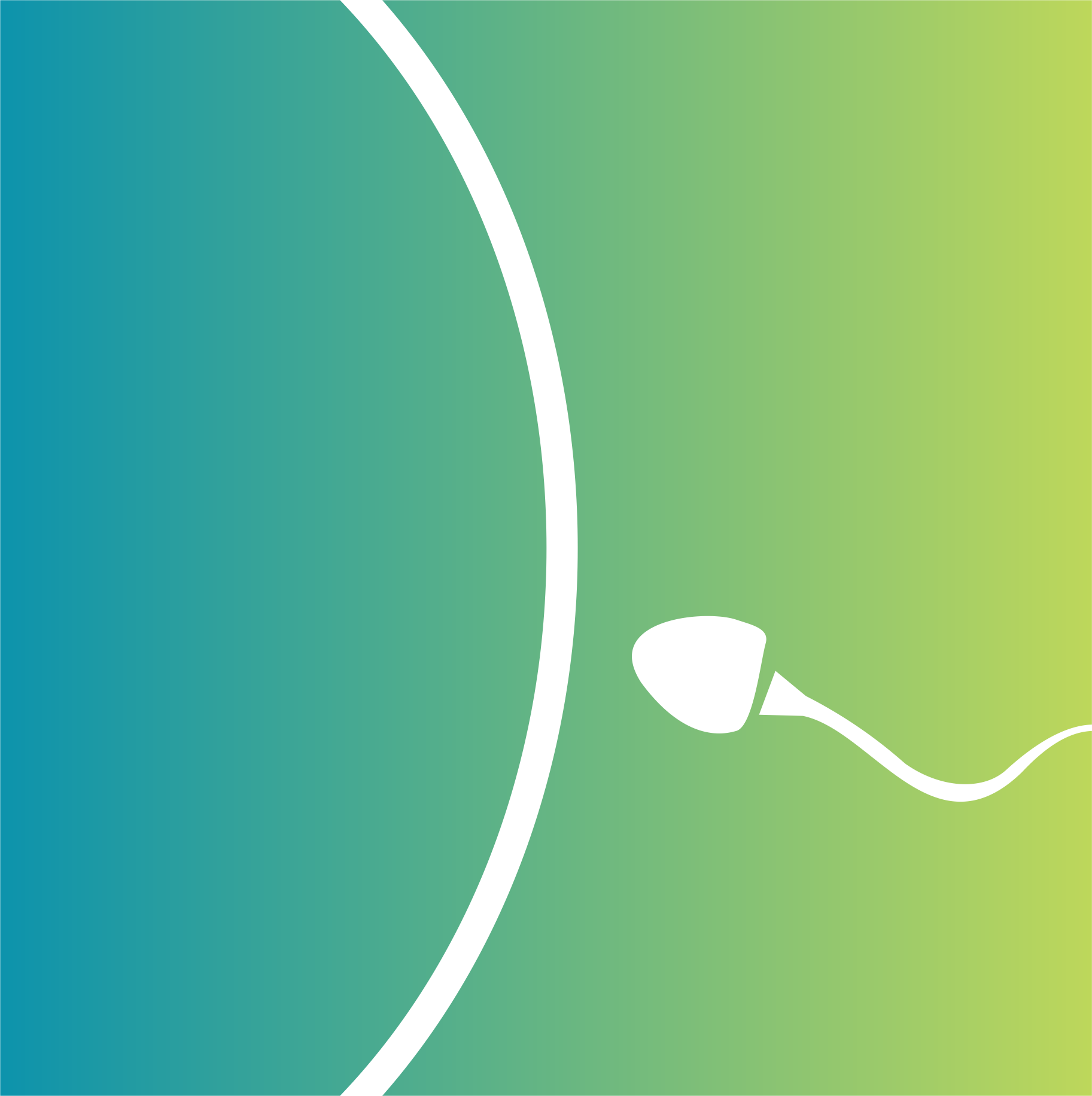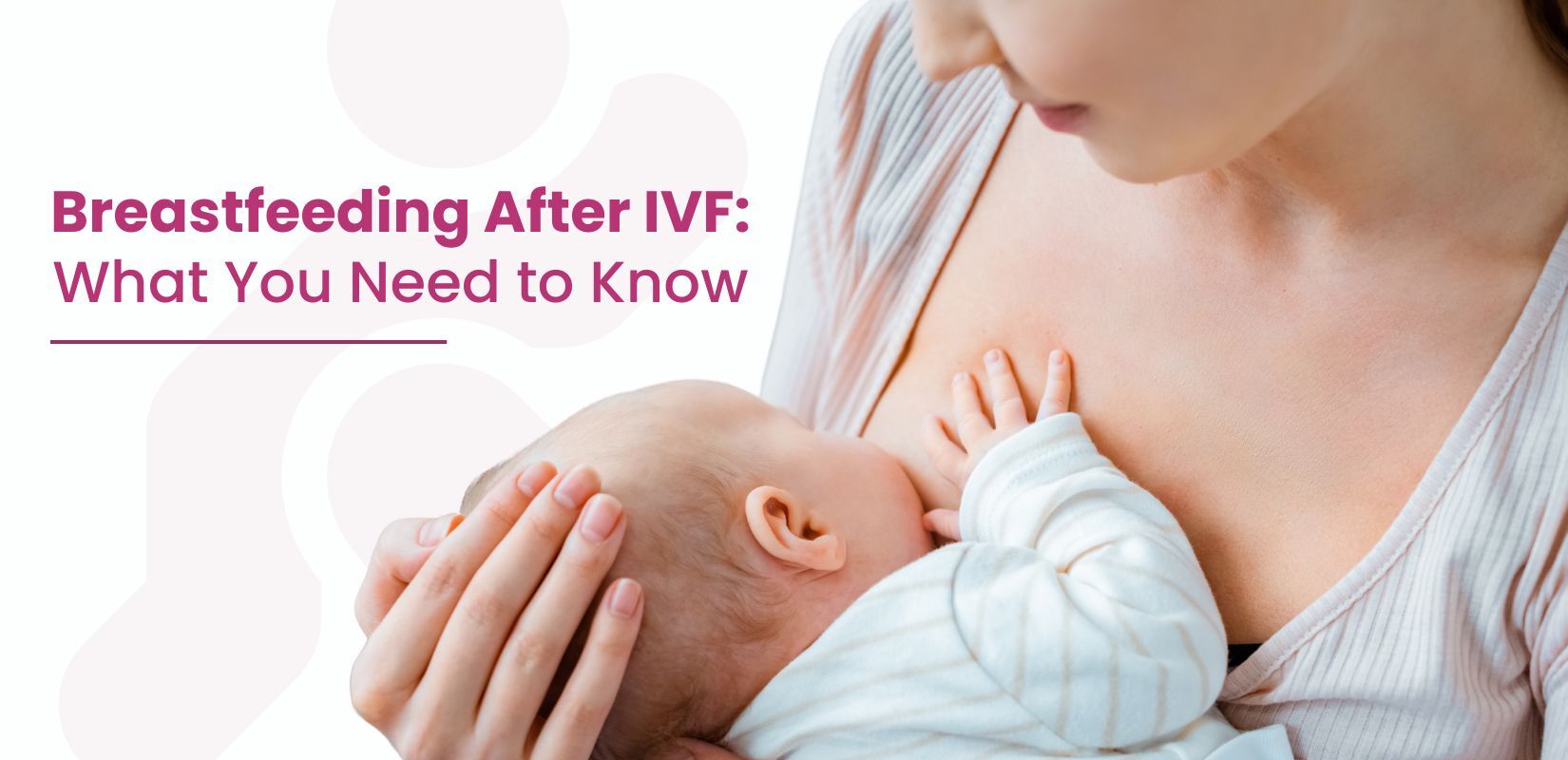Motherhood is a beautiful journey, but it often comes with endless questions, especially for women who have conceived through IVF (In Vitro Fertilization). One of the most common concerns new mothers face is about IVF & breastfeeding. Many women wonder: Is breastfeeding safe after IVF? Will the treatment affect my milk supply? Can IVF medicines harm the baby?
At Trinity Women Hospital, we encounter several new moms with the same uncertainties. The reality is, although breastfeeding after IVF is completely possible and safe, there are numerous myths that invoke unnecessary fear. In this blog, let’s dispel those myths, present medical facts in simple language, and make you more confident in your breastfeeding journey.
Understanding IVF and Breastfeeding Connection
Before diving into the myths, it’s important to understand the basics.
IVF (In Vitro Fertilization): A fertility treatment where eggs and sperm are combined in a lab, and the embryo is transferred to the uterus.
Breastfeeding: The natural process of feeding your newborn with breast milk, which is packed with nutrients, antibodies, and emotional bonding benefits.
Both are entirely different procedures. IVF assists you in becoming pregnant, and breastfeeding begins only after childbirth. Yet, most women associate the two with each other, creating uncertainty.
Myth 1: IVF Affects Breast Milk Quality
The Truth: IVF doesn’t diminish the quality of the breast milk.
Breast milk is naturally secreted by the body after the birth of the baby, irrespective of whether conception occurred naturally or via IVF.
At Trinity Women Hospital, we assure mothers that IVF procedures and medications do not affect the sanctity of breast milk. It continues to be the healthiest and safest food for your baby.
Myth 2: IVF Mothers Cannot Produce Enough Milk
The Truth: The majority of IVF mothers are able to produce a normal milk supply.
Hormonal changes after delivery determine the ability to produce milk, not whether or how you became pregnant.
Yes, at times IVF mothers experience late lactation because of:
C-section deliveries (most common in IVF pregnancies)
Stress and anxiety regarding feeding
Hormonal fluctuations
But when guided well, with skin-to-skin contact, frequent feeding, and encouragement from lactation specialists at Trinity Women Hospital, milk supply tends to improve on its own.
Myth 3: IVF Medicines Pass Into Breast Milk
The Truth: When you begin breastfeeding, IVF stimulation medicines no longer exist in your body.
The hormonal injections administered during IVF (such as progesterone or estrogen) are discontinued once pregnancy is established.
During breastfeeding, your body is already producing hormones such as prolactin and oxytocin, which assist milk production and bonding. IVF medications are not interfering.
Myth 4: IVF Babies Don’t Benefit As Much From Breastfeeding
The Truth: IVF babies reap the same rewards as naturally conceived babies.
Regardless of whether your baby was naturally conceived or IVF-conceived, breast milk offers:
Immunity enhancers
Nutrients for healthy growth
Emotional attachment
Protection from infections
At Trinity Women Hospital, we remind mothers that IVF babies are no different from other babies. Breastfeeding is just as important and useful.
Myth 5: Breastfeeding Is Not Safe After C-Section (Often Experienced with IVF Births)
The Truth: Breastfeeding after a C-section can be slightly inconvenient, but completely safe.
Most IVF deliveries are scheduled C-sections, which may postpone milk production. Surgical pain may also make it uncomfortable to cradle the baby.
Tips we promote to moms at Trinity Women Hospital:
Attempt side-lying or football-hold positions for ease.
Use pillows for support.
Begin breastfeeding as soon as possible after delivery.
With patience, you can breastfeed successfully after C-section.
Myth 6: IVF Causes Hormonal Imbalance That Stops Breastfeeding
The Truth: Your body balances hormones naturally after birth.
Hormonal treatment in IVF does not permanently upset your system, although IVF does entail hormonal treatment. After giving birth, breastfeeding hormones respond.
Our specialists at Trinity Women Hospital monitor hormonal recuperation in IVF mothers and support breastfeeding with adequate counseling and medical intervention.
Myth 7: Formula Feeding Is the Only Option After IVF
The Truth: Formula is not a substitute except where medically necessary.
Some individuals mistakenly think that IVF moms must use formula milk. However, the truth is that breastfeeding is always preferred. Formula can be introduced only if:
There is very low milk supply
Baby has special medical needs
Doctor recommends it
Otherwise, breast milk is nature’s perfect food for your baby.
Practical Tips for IVF Mothers Who Want to Breastfeed
Guidance and support can make a big difference at Trinity Women Hospital. These are some easy tips:
Begin Early: Attempt breastfeeding as soon as you deliver.
Feed Frequently: Demand feeding stimulates milk production.
Be Unstressed: Worry and tension cut down milk flow. Rest and meditation help.
Get Support: Lactation consultants at Trinity Women Hospital can assist you with positions and techniques.
Keep Yourself Hydrated & Nourished: Proper diet and fluids enhance milk supply.
Skin-to-Skin: Facilitates bonding and stimulation of milk hormones.
Why Your Emotional Support Is Important
Most IVF mothers are apprehensive, believing that they are “different.” This anxiety can influence breastfeeding confidence. At Trinity Women Hospital, we take special care of not just medical but also emotional counseling. The knowledge that you are not isolated, and listening to real accounts from other IVF mothers, can empower you.
FAQ
Q1. Is breastfeeding safe after IVF treatment?
Yes, breastfeeding is completely safe after IVF. At Trinity Women Hospital, we meet many new moms who worry whether IVF medicines or treatment can harm their baby during breastfeeding. The truth is that by the time your baby is born, all IVF-related hormonal injections or medicines are already out of your system. Your breast milk is natural, pure, and full of antibodies, nutrients, and proteins that help your newborn grow healthy. Breastfeeding after IVF is the same as breastfeeding after natural conception. IVF & breastfeeding together are not only safe but also beneficial for both mother and child. Our doctors always reassure new mothers that IVF does not reduce the quality of breast milk in any way
Q2. Does IVF affect breast milk supply?
Many women fear that IVF reduces milk supply, but in most cases, it doesn’t. At Trinity Women Hospital, we explain that milk production is controlled mainly by hormones after childbirth, not by IVF. Sometimes, IVF mothers who had a C-section or stressful pregnancy may experience a short delay in lactation. But this is temporary and can be improved with frequent feeding, skin-to-skin contact, hydration, and proper diet. Most IVF mothers produce enough breast milk to nourish their babies. Remember, your ability to breastfeed is not defined by how you conceived. With support, IVF & breastfeeding go hand in hand naturally.
Q3. Are IVF medicines harmful for the baby during breastfeeding?
This is one of the most common doubts among new moms. At Trinity Women Hospital, we assure mothers that IVF medicines do not pass into breast milk once pregnancy is established. During IVF, women may receive injections of hormones like progesterone and estrogen, but these are stopped early in pregnancy. By the time you deliver and begin breastfeeding, your body is producing its own natural hormones, such as prolactin and oxytocin, which support milk production. Your breast milk is safe, nutritious, and the best food for your newborn. So whether your baby is conceived naturally or through IVF, breastfeeding is always safe.
Q4. Can IVF babies benefit equally from breastfeeding?
Yes, IVF babies benefit just like naturally conceived babies. At Trinity Women Hospital, we remind every mother that breastfeeding is nature’s perfect food for all newborns, no matter how they are conceived. Breast milk provides immunity, brain development support, healthy growth, and emotional bonding. IVF babies are often called “precious babies” because parents have waited long for them, and breastfeeding helps strengthen that special bond even more. IVF & breastfeeding together ensure that your baby grows strong, healthy, and emotionally connected to you. So there is no difference in benefits between IVF and natural conception babies when it comes to breastfeeding.
Q5. Should IVF mothers use formula instead of breastfeeding?
Some people wrongly believe IVF mothers should rely more on formula milk, but this is a myth. At Trinity Women Hospital, we always recommend breastfeeding as the first choice for IVF mothers. Formula can never replace the natural antibodies, vitamins, and emotional bonding that breast milk provides. Formula may only be suggested if there is very low milk supply or special medical conditions, but in most IVF cases, breastfeeding works beautifully. IVF & breastfeeding are not only compatible but also the healthiest combination for your baby. With proper guidance, almost all IVF mothers can breastfeed successfully without needing formula.
Conclusion
IVF & breastfeeding are two distinct phases of motherhood, and one does not affect the other negatively. Whereas myths generate pointless confusion, reality is that the majority of IVF mothers can nurse their children normally with the same love and advantages as every other mother.
At Trinity Women Hospital, we remain dedicated to supporting mothers throughout all phases of their journey—fertility treatments through pregnancy, birth, and breastfeeding. With proper support, patience, and care, you can get to enjoy the health and bonding advantages of breastfeeding, no matter how you became pregnant.
Remember: Your path began perhaps with IVF, but breastfeeding is natural extension of motherhood. Trust your body, trust your baby, and get help whenever yo

